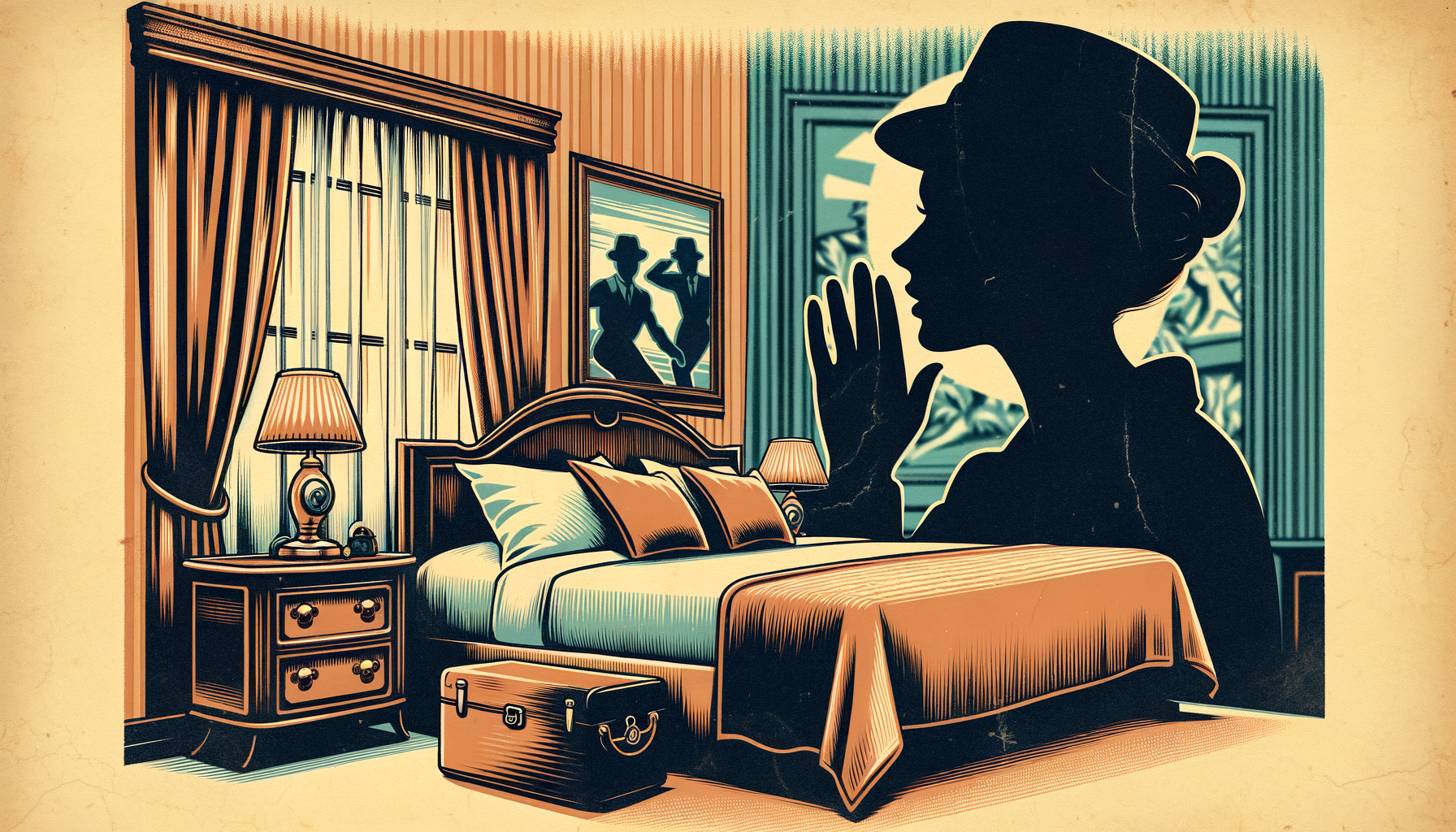The Blonde, the Führer and the Bugs: What Really Happened With JFK’s First Great Love
Short answer: No, John F. Kennedy was never in a love triangle “with Hitler.”
But the woman who first stole Jack’s heart had once lunched with Adolf Hitler—and that single snapshot of her in the Führer’s Olympic box was enough to make the FBI bug the future president’s hotel room and to send Joseph P. Kennedy into a panic.
Below is the real story, stripped of rumor, stitched together from de-classified files, memoirs, and a fresh fact-check of J. Randy Taraborrelli’s new book JFK: Public, Private, Secret.
The Night “Inga Binga” Met Young Jack
• Verified fact: Danish journalist Inga Arvad and 24-year-old Naval officer John Kennedy met in November 1941 at a Georgetown dinner party—not October, as some reports say. She was 28, blonde, twice-married and, in Jack’s words, “a dream.”
• He and friends immediately nicknamed her “Inga Binga.” FBI memoranda later captured Kennedy using the same pet name while phone lines and hotel rooms were secretly recorded.
Source: de-classified FBI File 65-56291; WarfareHistoryNetwork.com
Hoover’s Pillow-Talk Operation
Less than eight weeks after their first date, the United States was at war. Newspapers dug up a photo of Arvad smiling beside Hitler at the 1936 Berlin Olympics—she had interviewed him the year before—and headlines whispered “Nazi Spy?”
J. Edgar Hoover pounced.
- The Bureau opened a file, followed the couple to Charleston, and planted microphones behind hotel dressers.
- Reports were routed straight to Hoover’s desk with orders for “continuous reporting.”
- Agents noted everything from Jack’s jokes to bedroom noises—an almost surreal prelude to his future presidency.
Source: FBI memoranda dated Jan.–Mar. 1942.
Joe Kennedy’s Ultimatum—What We Can and Can’t Prove
The most colorful line in Taraborrelli’s book is father Joe snarling that Arvad was a “Nazi b*h**.”
- We looked. No FBI memo, biography or personal letter on record confirms the phrase.
- What is documented: Joe Kennedy leaned on Navy brass to move his son out of Washington. Jack was transferred to Charleston in January 1942; the romance fizzled by March.
So, yes, Dad broke them up—but the profanity remains unverified.
Was Arvad a Spy? The Paper Trail Says No
After eight months of surveillance the Bureau quietly shelved the case in mid-1942. A later summary states bluntly: “No evidence of espionage.”
Arvad went on to script Hollywood B-movies, marry cowboy actor Tim McCoy and raise a family in Arizona—hardly the arc of a covert Nazi agent.
Myth-Making 101: The Quotes That Won’t Die
Fact-checkers found several viral quotations trace back only to Taraborrelli’s 2023 book; none appear in earlier archives.
| Quote | Status |
|---|---|
| Joe Kennedy: “Nazi b***h” | Unverified |
| Jackie’s mother: “Do you love him?” / “I enjoy him.” | Unverified |
| JFK blaming father: “I’d have married Inga.” | Unverified |
| Inviting Arvad to 1953 wedding | Unverified |
Take them as color, not confirmed history.
Ten Years Later: Another Scandinavian, Same Old Pattern
The Arvad break-up did not cure Kennedy’s weakness for Nordic blondes.
-
Summer 1953, Riviera: Weeks before marrying Jacqueline Bouvier, Senator-elect Kennedy meets 21-year-old Swedish countess Gunilla von Post at Cap-Eden-Roc.
- She later claimed he sighed, “If I’d met you one month ago, I would’ve canceled the whole thing.”
- Historians call the line plausible as her memory but impossible to verify.
-
August 1955, Öland Island, Sweden: Newly released letters confirm Jack and Gunilla spent a week together and finally became lovers—while Jackie recovered from a miscarriage back home.
Sources: “Love, Jack” memoir; letters auctioned by RR Auction, 2021; El País English edition.
What the Files Tell Us About Young Jack
- He did not plot to marry Arvad—an FBI transcript quotes her complaining that Jack had “no intention of marrying her.”
- He was fully aware federal agents were listening; friends said he sometimes spoke in mock-stage whispers, hinting at the bugs.
- He carried the nickname “Inga Binga” for the rest of his life; Secret Service agents reported him chuckling at it even in the White House years.
The Larger Picture: Sex, Politics and Family Strategy
• Arvad’s “Nazi photo” became a political hazard, so the Kennedys cut her out—end of story.
• Ten years later Jack’s marriage to Jackie was itself partly political strategy: he needed an elegant partner for a presidential run.
• His pattern—instant attraction to independent, Nordic women—re-emerged with Marilyn Monroe–look-alike von Post.
In short, the legend of a Hitler-tinged love triangle sells books, but the real intrigue lies in:
- A government eavesdropping on a future president’s sex life.
- A powerful father re-shaping that son’s intimate choices for the sake of ambition.
- A charismatic young man already juggling romance, war and politics under a spotlight none of them could fully control.
What Remains Unanswered
• Did Joe Kennedy actually use that slur?
• Did Jack ever privately say he should have married Arvad?
• How much did Jackie know before the wedding?
Until letters, tapes or diaries surface, these tidbits stay in history’s gray zone—possible, but not proved.
Bottom Line
John F. Kennedy’s first serious love affair ended not because she was a Nazi spy—she wasn’t—but because mere rumor of Nazism threatened the Kennedy family’s White House dreams.
Along the way, the FBI trampled privacy, biographers embellished quotes, and a myth about a “love triangle with Hitler” was born.
The truth is simpler, yet no less gripping: an ambitious family, an over-zealous FBI, and a young couple whose chemistry couldn’t survive the weight of world events—and wiretaps.
